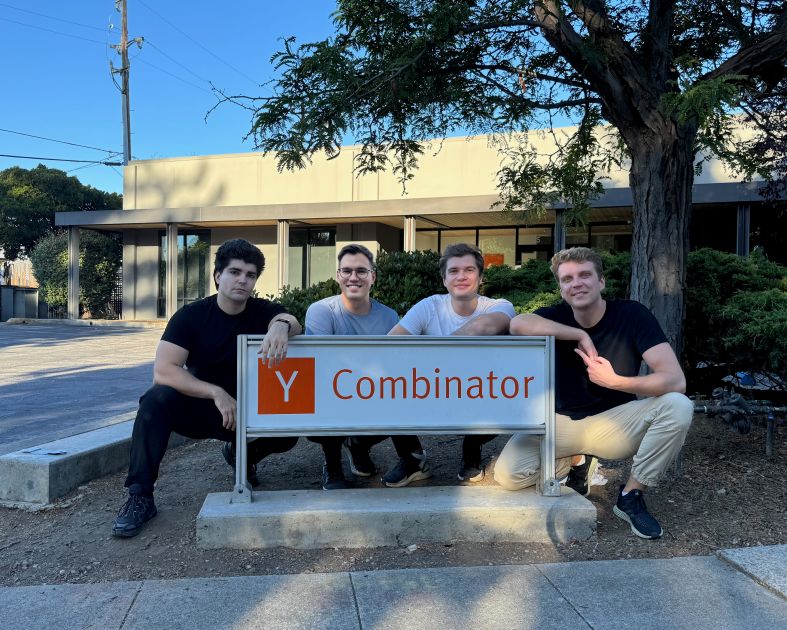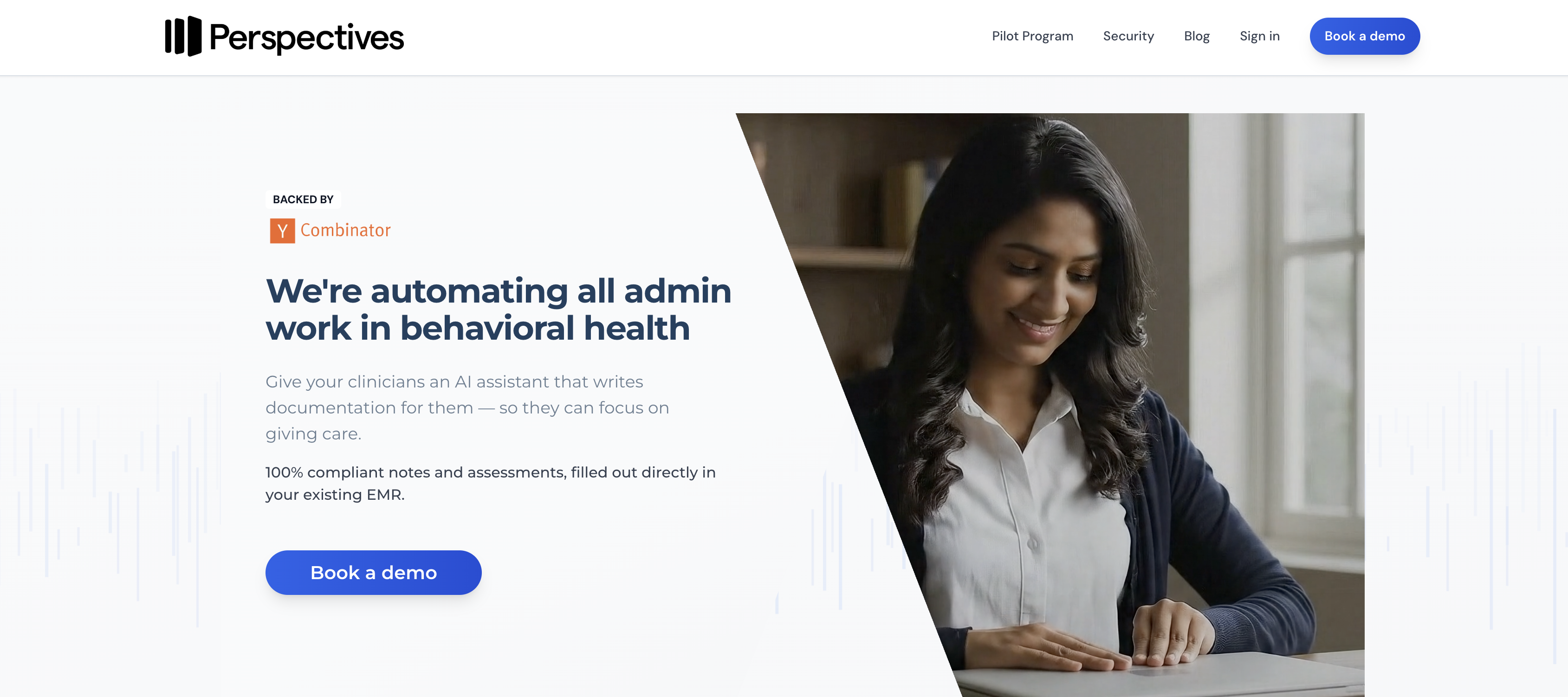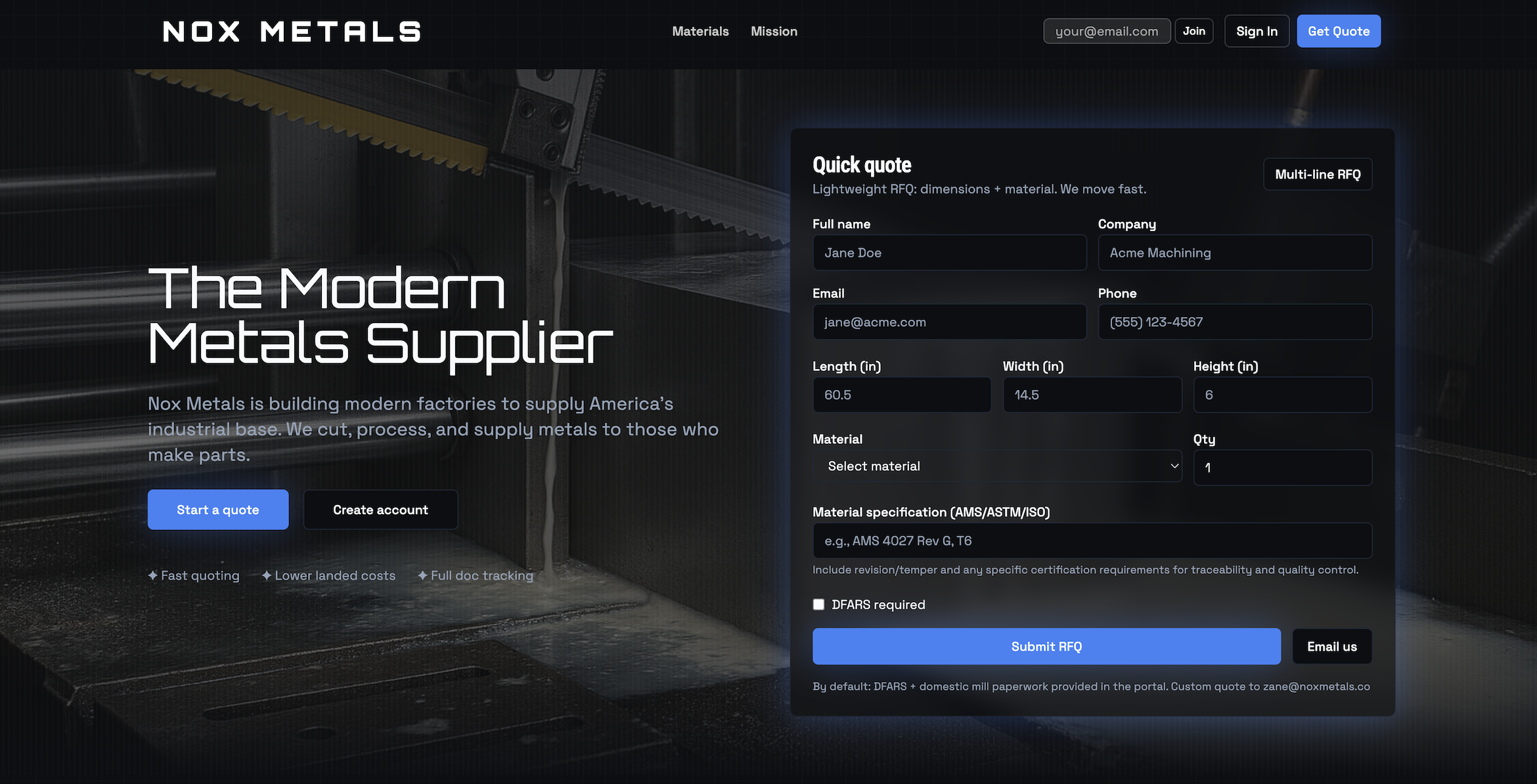Greptile Launches AI expert that understands large codebases
"Platform that lets engineers understand large codebases and build internal dev tools using AI."
tl;dr Greptile is an AI platform that lets LLMs understand large codebases. Teams and devs at 250+ companies including Stripe and Amazon use it to get answers to questions about large codebases via Greptile's web app, automatically update docs, build PR review bots on their API, and more.
Try it now → app.greptile.com
Founded by Soohoon Choi, Vaishant Kameswaran, and Daksh Gupta

PROBLEM
As software companies grow:
- Codebases get more complex.
- Legacy code and tech debt accumulates.
- Docs are usually outdated.
- Original engineers leave, and new engineers are less familiar with the code.
To get around this, developers:
- Just brute force their way to grokking the code - which is hard and time-consuming.
- Seek help from the subject matter expert, which is difficult if they have left, work remotely, or are just busy.
- Try to use tools like GitHub copilot, which are not designed to answer with full code context, so they fail to deliver.
In fact, the thing that makes coding hard is usually the codebase, not the code!
Greptile has found a way to index and search large codebases such that LLMs can always find the right context, allowing any developer to build internal developer tools powered by AI.
Here’s Felix from Twenty (open source CRM with 9k GitHub stars).

🦎 Greptile in action →
Here are some ways engineers use Greptile 👇
1. Narek from Lantern (W24): grokking PostgreSQL’s source code, which Lantern is built on.
2. Rahul from AgentHub (W24): parsing OSS frameworks that AgentHub integrates with.
3. Jack Chapman from Cardinal Gray (S23): generating E2E test cases for multi-file services.
4. Isaiah Granet from Bland AI (S23): integrating with the Twilio node SDK.
5. SWE at Thera (S22): writing new features that require complex, multi-file changes.
6. YC Medtech (S15): building an internal PR review bot on top of Greptiles API.
7. SWE at Stripe (S09): debugging internal Rust libraries.
8. Principal Engineer at Microsoft: reviewing his team’s code (open source).
9. TMO (old B2B software company): working with their legacy .NET code.
Learn More
🌐 Visit greptile.com to learn more
📅 If you want Greptile at your org, email Daksh or book a demo here: greptile.com/demo
🤝 Are you a developer working with large codebases - try Greptile here → app.greptile.com
👥 Follow Greptile on LinkedIn & X
Simplify Startup Finances Today
Take the stress out of bookkeeping, taxes, and tax credits with Fondo’s all-in-one accounting platform built for startups. Start saving time and money with our expert-backed solutions.
Get Started









.png)









